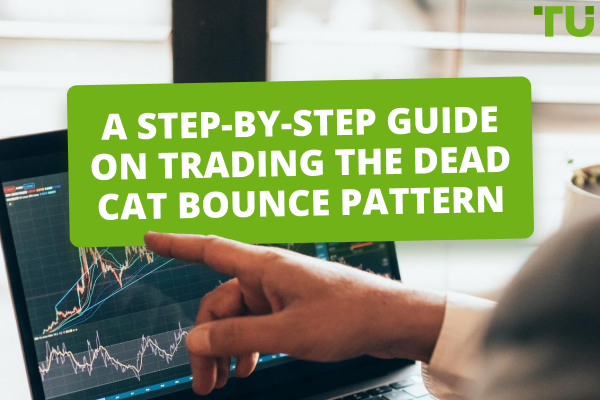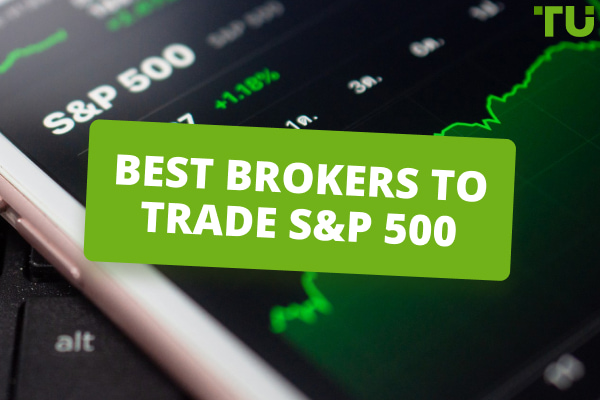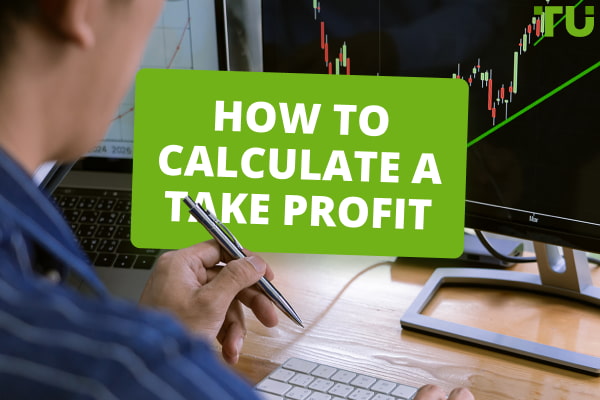Inflation Expectations Role in Forex Trading Explained
Inflation expectations are the inflation value that consumers, producers and investors assume in their risks. They are formed on the basis of analytical forecasts, surveys, unemployment statistics and industrial indices. Their influence on investors, compared to inflation statistics, is more extended over time.
Inflation expectations are the level of inflation that market participants expect. The higher inflation is expected by investors, consumers and producers of goods, the more market volatility increases, accelerating actual inflation. The indicator of inflation expectations itself is preliminary. But it rocks the market over the long term more than the inflation statistics themselves.
What are inflation expectations
Inflation is the rise in prices of goods and services in an economy. It is measured as the percentage change in prices over a period of time. Inflation expectations are the assumptions of market participants about how inflation will develop in the future.
Inflation expectations play an important role in the economy and trading. They influence the behavior of consumers, investors, and businesses.
The main thing about inflation expectations in Forex:
-
Understanding Inflation Expectations. Inflation expectations reflect the market's assumptions about future inflation rates. This is a significant factor as it influences the decision-making of investors, entrepreneurs, and central banks.
-
Impact on Stock Markets. Rising inflation expectations can make investments in stocks more attractive as it erodes the real value of money. However, excessively high inflation rates can put pressure on stocks, diminishing their real value.
-
Effect on Forex Markets. Currency exchange rates are closely tied to inflation expectations. An increase in the inflation rate may lead to a depreciation of the national currency. Traders closely monitor economic data related to inflation to predict currency market movements.
-
Strategies to Hedge Against Inflation. Investors can take measures to protect their portfolios from inflation. Instruments such as inflation indices and inflation-linked bonds can be valuable components of a strategy.
-
Role of Central Banks. Central banks play a vital role in controlling inflation. Their actions, such as raising or lowering interest rates, can be used by traders to formulate their strategies.
-
Trading in Uncertain Conditions. Inflation expectations often change due to various factors, including political decisions and shifts in the global economy. Traders need to remain flexible, adapting their strategies to evolving conditions.
How Inflation Expectations Affect Consumers
Consumers react to inflation by changing their spending and saving habits. If they expect inflation to rise, they will be more likely to spend more money now to avoid the devaluation of their savings. This can lead to an increase in demand for goods and services, which in turn can lead to further price increases.
How Inflation Expectations Affect Investors
Investors react to inflation by changing their investment portfolios. If they expect inflation to rise, they will be more likely to invest in assets that can protect them from depreciation, such as real estate, gold, or commodities. This can lead to an increase in the prices of these assets.
How Inflation Expectations Affect Businesses
Businesses react to inflation by changing their prices and costs. If they expect inflation to rise, they will be more likely to raise prices on their goods and services to offset the rise in their costs. This can lead to further inflation.
How Inflation Expectations Affect Trading
Inflation expectations affect trading because they influence the value of assets. For example, if investors expect inflation to rise, they will be more likely to buy assets that can protect them from depreciation, such as gold or commodities. This can lead to an increase in the prices of these assets, and traders can profit from this rise by buying these assets before prices increase.
Best Forex brokers


Inflation Expectations and Trading Strategies
Inflation expectations can be used to develop various trading strategies. Here are a few examples:
-
Trading on inflation data
-
Trading on inflation expectations
-
Trading on inflation spreads
Inflation data, such as the Consumer Price Index (CPI), are some of the most important economic data that traders track. This data can provide traders with information about how inflation is developing and how it could affect the market. Traders can use this information to develop strategies based on expectations about inflation.
Inflation expectations can be measured using various tools, such as surveys of investors and market participants. Traders can use this information to develop strategies based on expectations about inflation.
Inflation spreads are the difference in prices between assets that are sensitive to inflation and assets that are less sensitive to inflation. For example, the inflation spread between gold and the US dollar shows how much investors expect inflation to be higher in the US than in other countries. Traders can use inflation spreads to develop strategies based on expectations about inflation.
How to use inflation expectations - tips for traders
Here are a few additional tips for using inflation expectations in trading:
-
Consider the various factors that can affect inflation expectations
-
Use various tools to measure inflation expectations
-
Be prepared for inflation expectations to change
Inflation expectations depend on a variety of factors, such as the state of the economy, central bank policy, and geopolitical situation. Traders should consider these factors when developing strategies based on inflation expectations.
There are many tools available to measure inflation expectations. Traders should use various tools to get a more complete picture of how market participants are assessing inflation.
Inflation expectations can change depending on various factors. Traders should be prepared for their strategies based on inflation expectations to become ineffective if expectations change.
Conclusion
Inflation expectations are an important factor that traders should consider. They influence the value of assets and the behavior of market participants. Traders can use inflation expectations to develop various strategies that can help them make a profit. Inflation expectations are a key factor determining market dynamics. Traders who understand and incorporate these expectations into their strategies can make more informed trading decisions and manage their portfolios more effectively.
Glossary for novice traders
-
1
Broker
A broker is a legal entity or individual that performs as an intermediary when making trades in the financial markets. Private investors cannot trade without a broker, since only brokers can execute trades on the exchanges.
-
2
Trading
Trading involves the act of buying and selling financial assets like stocks, currencies, or commodities with the intention of profiting from market price fluctuations. Traders employ various strategies, analysis techniques, and risk management practices to make informed decisions and optimize their chances of success in the financial markets.
-
3
Investor
An investor is an individual, who invests money in an asset with the expectation that its value would appreciate in the future. The asset can be anything, including a bond, debenture, mutual fund, equity, gold, silver, exchange-traded funds (ETFs), and real-estate property.
-
4
Forex Trading
Forex trading, short for foreign exchange trading, is the practice of buying and selling currencies in the global foreign exchange market with the aim of profiting from fluctuations in exchange rates. Traders speculate on whether one currency will rise or fall in value relative to another currency and make trading decisions accordingly.
-
5
Volatility
Volatility refers to the degree of variation or fluctuation in the price or value of a financial asset, such as stocks, bonds, or cryptocurrencies, over a period of time. Higher volatility indicates that an asset's price is experiencing more significant and rapid price swings, while lower volatility suggests relatively stable and gradual price movements.
Team that worked on the article
Oleg Tkachenko is an economic analyst and risk manager having more than 14 years of experience in working with systemically important banks, investment companies, and analytical platforms. He has been a Traders Union analyst since 2018. His primary specialties are analysis and prediction of price tendencies in the Forex, stock, commodity, and cryptocurrency markets, as well as the development of trading strategies and individual risk management systems. He also analyzes nonstandard investing markets and studies trading psychology.
Dr. BJ Johnson is a PhD in English Language and an editor with over 15 years of experience. He earned his degree in English Language in the U.S and the UK. In 2020, Dr. Johnson joined the Traders Union team. Since then, he has created over 100 exclusive articles and edited over 300 articles of other authors.
Mirjan Hipolito is a journalist and news editor at Traders Union. She is an expert crypto writer with five years of experience in the financial markets. Her specialties are daily market news, price predictions, and Initial Coin Offerings (ICO).









